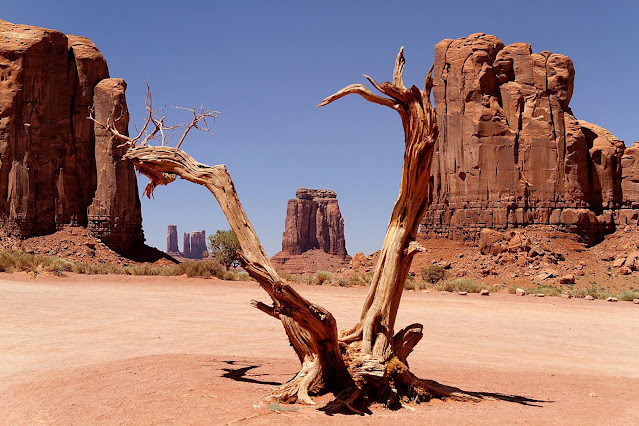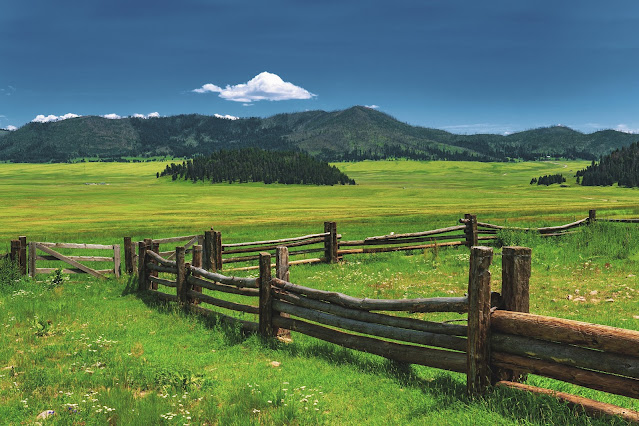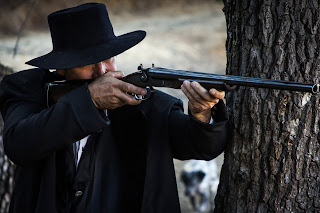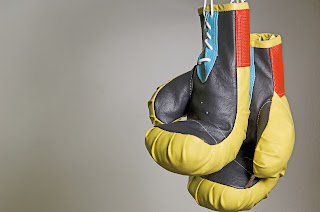
Wild West Sayings We Use Today, Part 37
Soft Soap
Today, as in the Wild West, using persuasive flattery in order to gain a benefit is to 'soft soap' another person or persons. This colloquial expression likens the slipperiness of soft soap to such cajolery.
Historical Reference: The earliest use of ‘soft soap’ in the figurative sense I could find occurred in 1840: “To see them flattering and soft soaping me all over.” “John Beedle’s Sleigh Ride" by John Neal
A now-obsolete synonym, ‘soft sawder,’ made its debut in "The Trotting Horse," a short story by Thomas Haliburton, who apparently coined it. Although much-used in the 19th century, it fell out of use by 1950. ‘Soft sawder’ was a phonetic spelling of soft solder, which melts at a lower temperature. It’s not hard to see the connection between the literal and figurative meanings.
Example: “No matter how much you try to soft soap me, I’m not interested in buying that car.”
Someone who occupies land or a building without legal title or the owner’s permission is called a squatter.
Historical Reference: Squatting seems to have been going on for centuries, at least on land. This sense of the term dates from 1788, according to many reputable sources. It is recorded in 1880 in reference to buildings.
In a letter to George Washington dated 18 October 1788, one Brice McGeehon threw himself on Washington’s mercy. He requested that land belonging to Washington that he was living on with his family be given to him. The letter gives an interesting perspective on the problem of squatters, which was prevalent in America through Wild West times, and it still exists today.
Example: “I’m having trouble getting a squatter off my property.”
Historical Reference: The first recorded use of ‘stave off,’ according to Merriam Webster, occurred in 1611.
Example: Take Elderberry extract to stave off a cold.
Thanks for exploring the often-fascinating history of words with me. I’m curious whether any of the expressions are familiar to you and which of them you’ve never heard before. What are your thoughts on the letter to George Washington?
A now-obsolete synonym, ‘soft sawder,’ made its debut in "The Trotting Horse," a short story by Thomas Haliburton, who apparently coined it. Although much-used in the 19th century, it fell out of use by 1950. ‘Soft sawder’ was a phonetic spelling of soft solder, which melts at a lower temperature. It’s not hard to see the connection between the literal and figurative meanings.
Example: “No matter how much you try to soft soap me, I’m not interested in buying that car.”
Squatter
Someone who occupies land or a building without legal title or the owner’s permission is called a squatter.Historical Reference: Squatting seems to have been going on for centuries, at least on land. This sense of the term dates from 1788, according to many reputable sources. It is recorded in 1880 in reference to buildings.
In a letter to George Washington dated 18 October 1788, one Brice McGeehon threw himself on Washington’s mercy. He requested that land belonging to Washington that he was living on with his family be given to him. The letter gives an interesting perspective on the problem of squatters, which was prevalent in America through Wild West times, and it still exists today.
Example: “I’m having trouble getting a squatter off my property.”
Stave Off
‘Stave off’ means to fend off, avert, delay, or hold someone or something threatening at bay. It is so old that it harkens to a now-defunct definition of the word stave. A curved slat that forms part of the side of a wooden barrel is what we know as a stave today. However, in the mid-1400s, ‘stave’ was the plural form of staff. Around 1595, stave developed a verb form which described warding off someone or something with a staff. From there, the figurative sense evolved.Historical Reference: The first recorded use of ‘stave off,’ according to Merriam Webster, occurred in 1611.
Example: Take Elderberry extract to stave off a cold.
Thanks for exploring the often-fascinating history of words with me. I’m curious whether any of the expressions are familiar to you and which of them you’ve never heard before. What are your thoughts on the letter to George Washington?
What's New with Janalyn Voigt
The manuscript for The Whispering Wind (Montana Gold, book 6) has returned to me for line edits. If you didn't know, this is when an author or editor examines each line of a manuscript in detail. This results in a story that is very close to print-ready. It's exhaustive work that calls for alertness and concentration, but it's one of my favorite stages in developing a book for publication.
Once the line edits are done, several beta readers will check the manuscript for typos and other errors. Then I'll proofread it. My editor's turn will come next.
When every question is answered and each 'i' dotted, the manuscript will go to my publisher's interior formatter to create Kindle and print versions. I'll receive a proof copy of the book to look over and approve. At some point I'll also work with the graphic designer assigned to create a winsome cover.
Bringing a book to print really does take a village.
Learn more about Janalyn Voigt and the Montana Gold books.
To celebrate reaching 3 Million views, HHH is hosting a HUGE giveaway of over 60 books in 18 prizes, so there are many chances to win! One grand prize will consist of 10 books, two readers will win a second prize containing 5 books, and there will be 15 winners of a third prize containing 2 books each. There are several ways to earn entries, such as following, or commenting on the HHH blog each day. Thank you for being part of the HHH community, and best wishes in the giveaway!















































